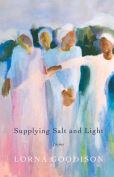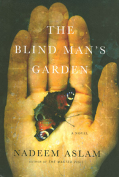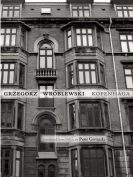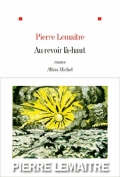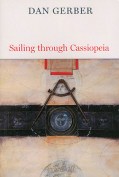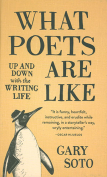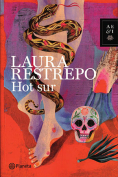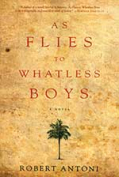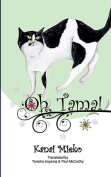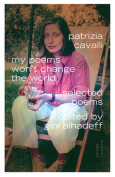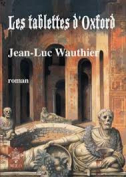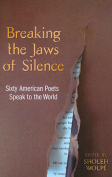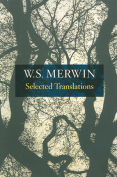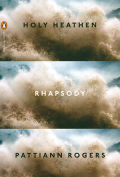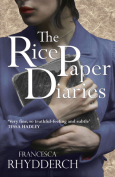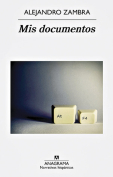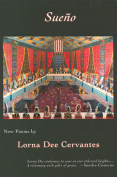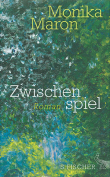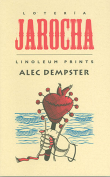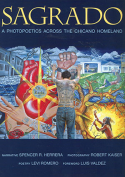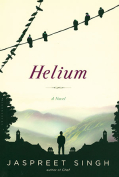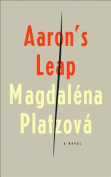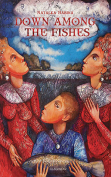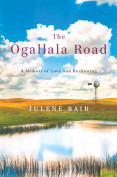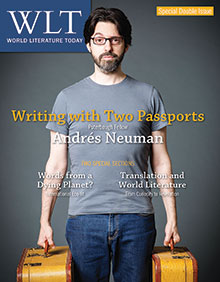Supplying Salt and Light by Lorna Goodison
Toronto. McClelland & Stewart. 2013. ISBN 9780771035906
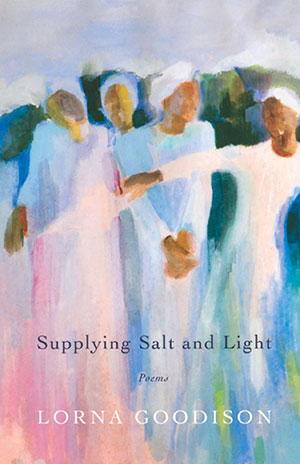 At their best, Lorna Goodison’s poems observe the unsavory in history and society even as they guide us firmly toward sources of redemption. With compassion and empathy, Goodison writes about human failure and triumph in large and small measures. “You’re perplexed / as this postcolonial scholar unearths plot / after heinous imperial plot buried behind // our botanical gardens. . . . // [We] lay / down ourselves careless in beds of canna / lilies . . . // human beings come in order to draw strength / for the week from our own Hope Gardens.”
At their best, Lorna Goodison’s poems observe the unsavory in history and society even as they guide us firmly toward sources of redemption. With compassion and empathy, Goodison writes about human failure and triumph in large and small measures. “You’re perplexed / as this postcolonial scholar unearths plot / after heinous imperial plot buried behind // our botanical gardens. . . . // [We] lay / down ourselves careless in beds of canna / lilies . . . // human beings come in order to draw strength / for the week from our own Hope Gardens.”
In poems that range from Spain and Portugal to the Caribbean and evoke El Greco, Columbus, Paul Robeson, and Charlie Chaplin, Goodison renders historical idioms in deeply personal fashion. “All I desired / was a quiet life grafting poems onto roses / singing slow at home near blue mountains. / What am I searching for outside this known / world, why am I a followfashion Columbus / gone off the map.” As always in her poetry, Goodison writes with rich appreciation for the material, tactile, sensory world around us. “I acknowledged El Grec’s broad brush plains, / ochre and green the rolling dry brush hills, / the old olive trees, the long light glancing off / storied buildings within which highly skilled / craftsmen still discipline hot steel into swords.”
At times Goodison complements her careful observation of the physical word and her fine eye for detail with a tense, lean, elliptical style. Sometimes this style leads to an uneven, irregular tempo, but it also lends itself to a poem’s subject: “Doctor urges drummers / concentrate upon beat, repeat / till the patient catches it, / opens mouth, swallows. / Beat enters system; // re-enters blood stream.” On occasion Goodison strays into a flat didacticism: “Norman Manley, Fabian socialist // who’d appealed to the conscience of the United / Fruit Company to donate a fraction of one percent / of a year’s profits to the welfare of our peasants.” But more typically her language—luminous, generous, and clarifying—elicits admiration. “Oracabessa home of honey light that limns / all around with gold leaf; could this be the city / sought after by prophets and poets? // Could this town by the sea Columbus named / for gold he sought but never found here / be the fabled city? // Moveable feast. The city of gold / is everywhere you have ever been.”
Jim Hannan
Le Moyne College
